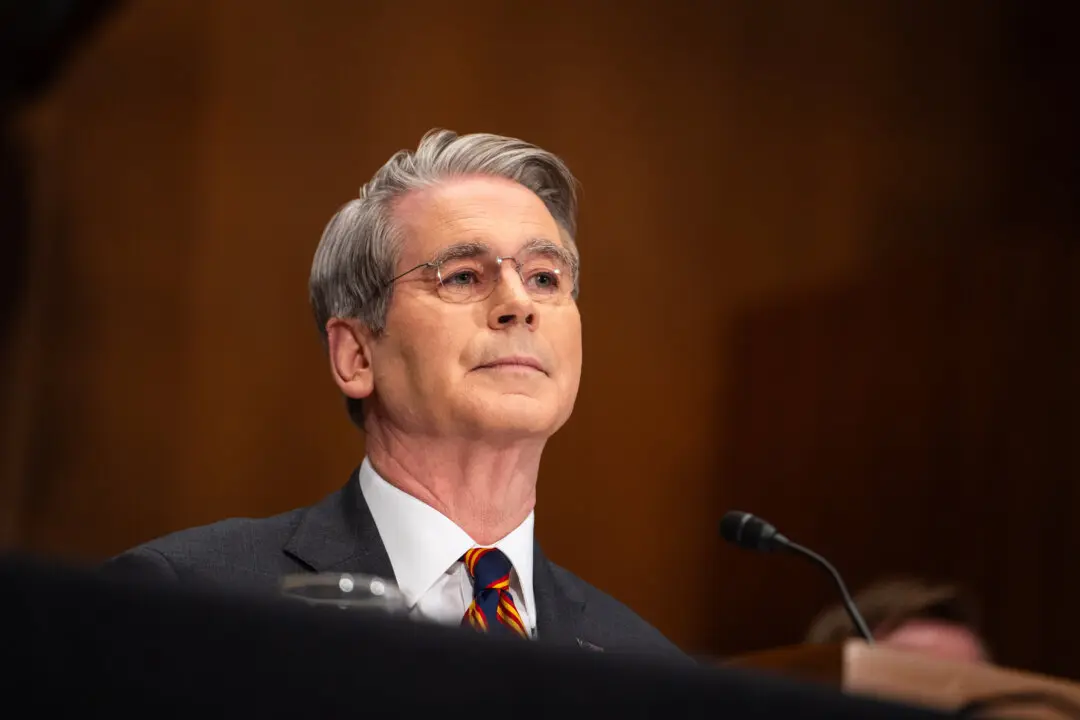The top U.S. general warned Thursday that the Chinese regime is increasing its military capacity at a “very serious and sustained rate” and said it could pose a threat to worldwide stability and peace.
Army General Mark Milley, chairman of the Joint Chiefs of Staff, said that it’s necessary the United States “retain our competitive and technological edge” over the Chinese Communist Party (CCP), which comes after President Joe Biden and Pentagon chief Lloyd Austin raised similar concerns in recent days about the rhetoric coming from the CCP—as the United States and China have remained intransigent over Taiwan, the CCP’s human rights violations, and disputes over territory.





